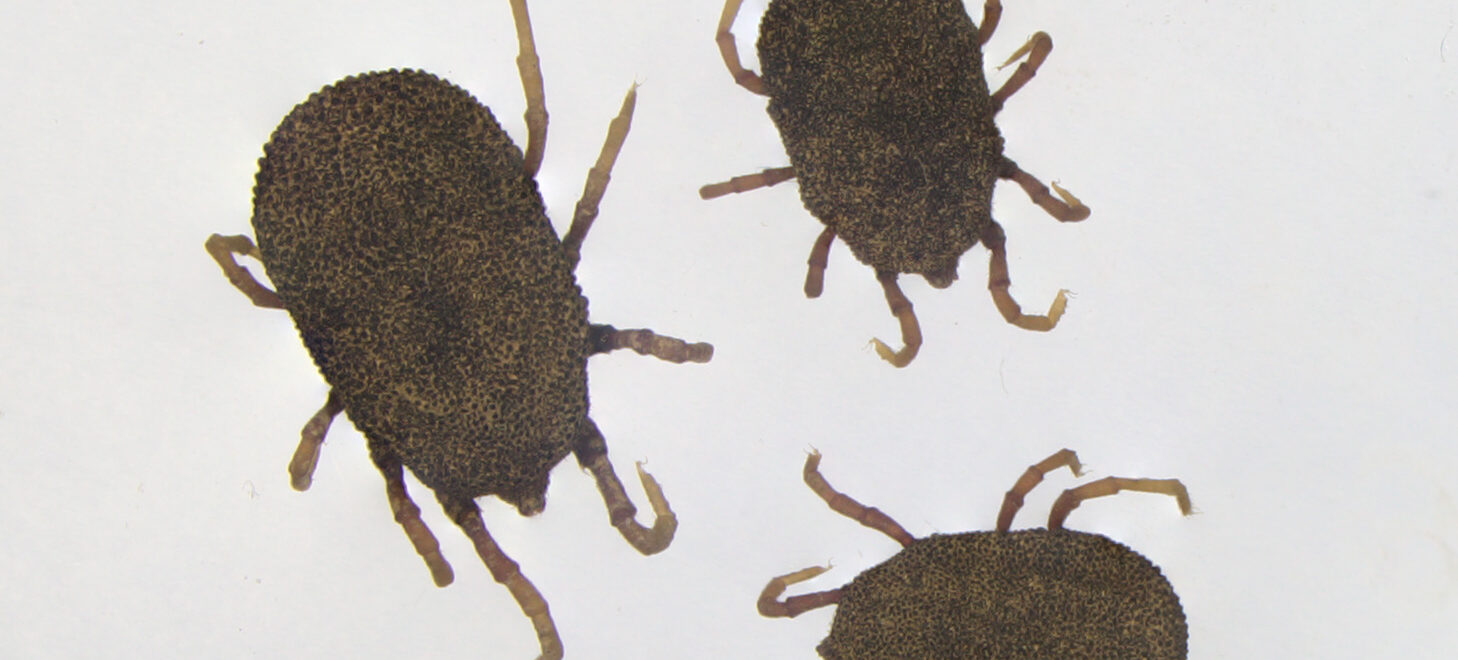Issue: As feral hog populations increase in Texas and the U.S., they create desirable conditions for disease-carrying ticks and increased risks for an outbreak of African swine fever virus, ASFV.
The U.S. Department of Agriculture Animal and Plant Health Inspection Service estimates that an ASFV outbreak in the U.S. would devastate the U.S. pork industry with a 50% drop in hog prices, a halt in pork and pork product exports as well as significant job losses and culling of the animals.
Objectives: To ensure that the devastating ASFV stays out of Texas, a multi-institution research project led by Texas A&M AgriLife Research will assess the potential, or vector competency, of a Texas-specific Ornithodoros turicata tick to transmit the disease.
The team will evaluate the biology and transmissibility of different ASFV strains and genotypes in ticks. They will determine the ability of other species to host or spread ASFV from ticks in the U.S.
Value Proposition: Results from the project will fill critical knowledge gaps in the vector competency of ticks in the United States. It will be an early key step toward research-based solutions that keep Texas and the Southern U.S. free of ASFV.
Research Team: Heather Manley Lillibridge, PhD (CBTS), Meriam Saleh, PhD (TAMU CVM), Dee Ellis (AgriLife Research), Scott Kenney, PhD (The Ohio State University)
Duration: September 2024-September 2026

